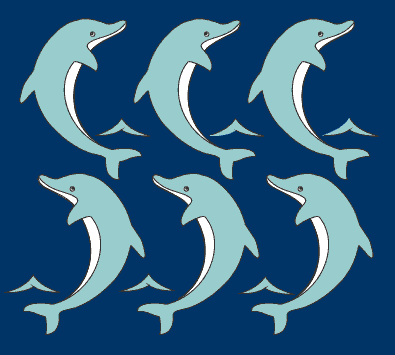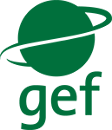Baltic2Black Environmental Monitoring of the Black Sea for nutrientsThe Baltic2Black is the tree-years project funded by European Commission, which main objective is to promote measures to facilitate delivery of Black Sea Commission integrated regional monitoring and assessment products, with focus on nutrient pollution and eutrophication, through transfer of related existing best practices from other regions, in particular the Baltic Sea. The project is implemented jointly by the Black Sea Commission (BSC) and Helsinki Commission (HELCOM). Eutrophication/nutrient-enrichment is recognized as one of the major threats to the marine environment of the Black Sea in the Strategic Action Plan (SAP) for the Rehabilitation and Protection of the Black Sea. The monitoring of nutrients is important part of the regional environmental monitoring, which is carried out in framework of the Black Sea Integrated Monitoring and Assessment Programme (BSIMAP), implemented by the Black Sea Commission since 2001. The project includes following activities:
One of important project outcomes will be updating of the Black Sea Information System (BSIS) with the new version of the Regional Database on Pollution (RDB-P), which is being developed by the Ukrainian Scientific Center of Ecology of Sea (UkrSCES), Odessa, Ukraine acting as regional Activity Center on Pollution Monitoring and Assessment (AC PMA) of the BSC. The operational RDB-P will allow analysing and controlling data flow, identifying bottlenecks in coordinated regional data production/delivery/use and utilizing this information for improvement of the regional monitoring and assessment program and products. Draft version of the RDB-P was ready by Dec 2012 and is undergoing internal testing. Upon completing testing the public access to monitoring metadata and statistics will be open, while access to raw data will be regulated by the BSC Information Policy. The project objectives will be achieved through transfer of best practices on eutrophication parameter monitoring and assessment methods and approaches from the Baltic Sea region and HELCOM. For these purposes a series of seminars and practical hands-on workshops will be carried out mainly in the Black Sea region with the participation of the Black Sea and Baltic Sea experts and Secretariat professionals to transfer the knowledge from the Baltic to the Black Sea region and to enable a good dialogue. The first such workshop titled "Assessment of eutrophication and nutrient pollution in the Black Sea and experiences from the Baltic Sea" took place in Istanbul, Türkiye on 6-7 September 2011 with participation of members of Advisory Groups on Pollution Monitoring and Assessment and Land Bases Sources of Pollution and experts from Black and Baltic Sea regions. The workshop focused on creating a dialogue between the experts of the Black Sea and Baltic Sea regions on methods used for region-wide assessments of eutrophication status, including development of indicators with state targets. Other important topics were monitoring of nutrient loads from land-based sources using regionally harmonized methods and introduction to the Black Sea experts of the HELCOM Baltic Sea Action Plan nutrient reduction scheme. One of key proposal from the workshop was to set up longer-term scientific collaboration between the two regions that would deal not only with the nutrient reduction scheme and ecosystem modeling. The workshop also elaborated proposals for further work to be brought to attention of the Black Sea Commission, among which are recommendations to make the work of BSC more transparent by sharing data and country reports to scientists and public and consider experience of HELCOM in environmental monitoring for better implementing of BSIMAP for period 2011-2016. |
×
×
×
Search results:[coming soon]



